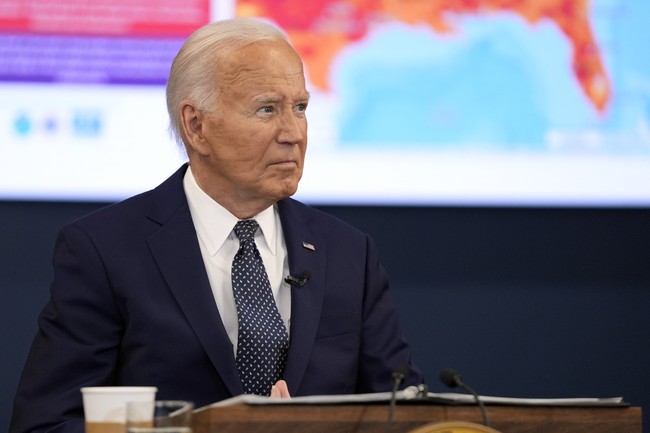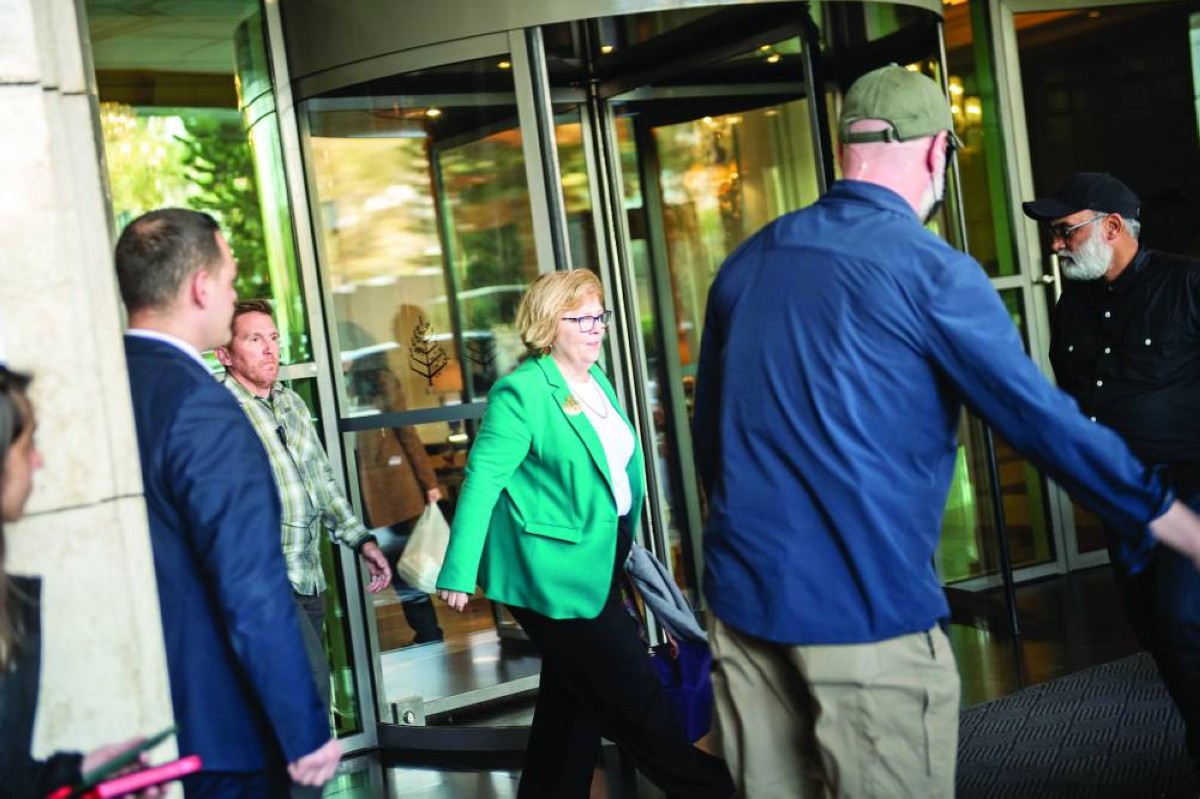What Lies Ahead for Syria After Assad's Fall?
Following the unexpected toppling of President Bashar al-Assad, the UN Security Council is struggling to find common ground as Syria faces a critical juncture in its history.
Published December 11, 2024 - 00:12am

Image recovered from arabnews.com
The United Nations Security Council recently convened an emergency meeting to address the rapidly evolving situation in Syria following the surprising ousting of President Bashar al-Assad by Islamist-led rebels, a scenario that has caught governments and international observers off guard. The meeting, requested by Russia, sought to discuss the potential pathways forward but concluded without a unified strategy.
According to ambassadors attending the session, including Russia's UN ambassador Vassili Nebenzia, there was a shared urgency to respect Syria's territorial integrity and sovereignty while ensuring the continuous flow of humanitarian aid to impacted civilians. The situation remains highly volatile, with Robert Wood, the Deputy US Ambassador, describing it as fluid and unpredictable.
The focal point of uncertainty is the future role of the Islamist group Hayat Tahrir al-Sham (HTS), which spearheaded the campaign against Assad and is currently deemed a terrorist organization by the United Nations. Despite its lead in the current coalition, both Nebenzia and Wood highlighted that removing HTS from the UN sanctions list had not yet been considered.
This instability aligns with a historical pattern where the Security Council has struggled to present a cohesive position on Syria. This absence of decisive action stems from differing geopolitical interests among member nations, notably with Russia historically backing Assad, leveraging its veto power repeatedly to shield his government.
The meeting, marked by behind-closed-doors discussions, included contributions from the UN Special Envoy for Syria, Geir O Pedersen, and peacekeeping Under-Secretary-General Jean-Pierre Lacroix. However, members failed to achieve a breakthrough, underscoring the complexities of Syria's fragmented landscape, which includes various rebel factions and entrenched foreign actors.
The significance of maintaining the territorial integrity and unity of Syria was emphasized by participants. In their press conferences, Nebenzia and other members of the Security Council cautioned against premature conclusions, indicating that the situation requires careful monitoring. The Syrian civil war's eruption in 2011 left the nation in an unending conflict, with Assad, Russian Federation, and Iranian support, dueling against a backdrop of Western military intervention and influence.
One underlying consensus among council members was the vacuum of leadership and governance that the fall of Assad precipitated—triggering urgent humanitarian concerns. With over a decade of civil turmoil leading to large-scale displacement and destruction, ensuring timely humanitarian intervention remains paramount.
In seeking solutions, members have highlighted the potential invocation of the UN's Resolution 2254. This 2015 resolution calls for a Syrian-led political transition facilitated by the UN, urging long-term stability through diplomatic avenues rather than military might. However, the diversity of interests and priorities among differing factions within Syria steals the limelight, dampening swift geopolitical resolutions.
The discourse further delved into international responses to Syria's sudden upheaval, touching on intricate diplomatic balances. Powers like the United States remain skeptical of formally engaging with HTS and underscore the importance of transparent democratic processes. Meanwhile, strategic powerhouses, including Russia, prefer a careful approach, considering the implications of realigning alliances within the Middle East, and notably concerning territories such as the Golan Heights.
This geopolitical impasse emphasizes the Security Council's struggle to effectively maneuver through Syria's complex political maze. Council representatives left the meeting room with an understanding that more dialogues would be necessary, possibly acknowledging that readiness for a consolidated plan of action was absent.
Despite the lack of immediate progress, diplomatic efforts promise cautious optimism about potentially crystallizing into a more cohesive action plan in future. With the regional balance hanging precariously, the developments in Syria stand as a reminder of the international community's delicate role in fragmenting, analyzing, and collectively shaping futures for nations ensnared in conflict.
In conclusion, the situation in Syria is emblematic of the broader struggles within the UN Security Council to forge consensus in conflict zones fraught with historical, religious, and political intricacies. As the world turns its gaze to the embattled nation, the global community continues to grapple with the haunting question of who will steer Syria out of its gridlock towards a durable peace.






